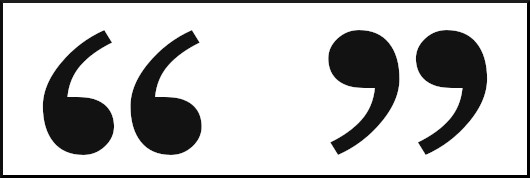A. A. Milne? Lord Peter Wimsey? Dorothy L. Sayers? Apocryphal?

Question for Quote Investigator: A. A. Milne is famous for authoring children’s books that bring to life anthropomorphic characters such as Winnie the Pooh, Tigger, Eeyore, and Piglet. Milne also composed essays aimed at adults, and he once criticized thinkers who recited quotations instead of engaging in independent analysis. Would you please help me to find his statement about “thinking for oneself”?
Reply from Quote Investigator: A. A. Milne published a collection in 1920 containing the essay “The Record Lie” in which he examined the following Latin adage:
Si vis pacem, para bellum.
If you want peace, prepare for war.
His negative experiences during World War I pushed him toward a pacifist perspective, and he condemned the adage because he believed that it encouraged warmongers. The title of the essay reflected his contention that the saying was a “record lie of the ages, the lie which has caused more suffering than anything the Devil could have invented for himself”. Expanding on this viewpoint he expressed distrust of quotations in general. Boldface added to excerpts by QI:1
For a quotation is a handy thing to have about, saving one the trouble of thinking for oneself, always a laborious business.
Interestingly, Milne did not adhere to pacifism during the ensuing decades. The events of World War II caused him to re-evaluate his position, and he joined the British Home Guard.
Below are additional selected citations in chronological order.
The prominent English mystery writer Dorothy L. Sayers expressed a similar notion in her novel “Have His Carcase” in 1932. The following line was spoken by the character Lord Peter Wimsey while he was conversing with the character Harriet Vane:2
“I always have a quotation for everything—it saves original thinking.”
In 2014 a columnist in Louisville, Kentucky reprinted Milne’s remark:3
In debunking an adage popular among defense contractors — “If you want peace, prepare for war” — the celebrated author of Winnie the Pooh once went all Eeyore on the subject of quotations.
“A quotation is a handy thing to have about,” A.A. Milne wrote, “saving one the trouble of thinking for oneself, always a laborious business.”
In conclusion, A. A. Milne should receive credit for the remark in the essay “The Record Lie” which appeared in a 1920 collection. In 1932 the character Lord Peter Wimsey made a similar statement in a novel written by Dorothy L. Sayers.
Image Notes: Quotation marks from Gimp (GNU Image Manipulation Program).
Update History: On March 30, 2025 the format of the bibliographical notes was updated.
- 1920, If I May by A. A. Milne, Essay: The Record Lie, Start Page 89, Quote Page 90, Methuen & Company, London. (Internet archive archive.org) link ↩︎
- 1975 (Copyright 1932), Have His Carcase by Dorothy L. Sayers, Series: A Lord Peter Wimsey Novel, Quote Page 53, Avon Books: A Division of The Hearst Corporation, New York. (Verified with scans) ↩︎
- 2014 September 28, The Courier-Journal, Raven’s Owner Sees Value in Playing Paranoid Card by Tim Sullivan (Columnist), Quote Page C3, Column 1, Louisville, Kentucky. (Newspapers_com) ↩︎